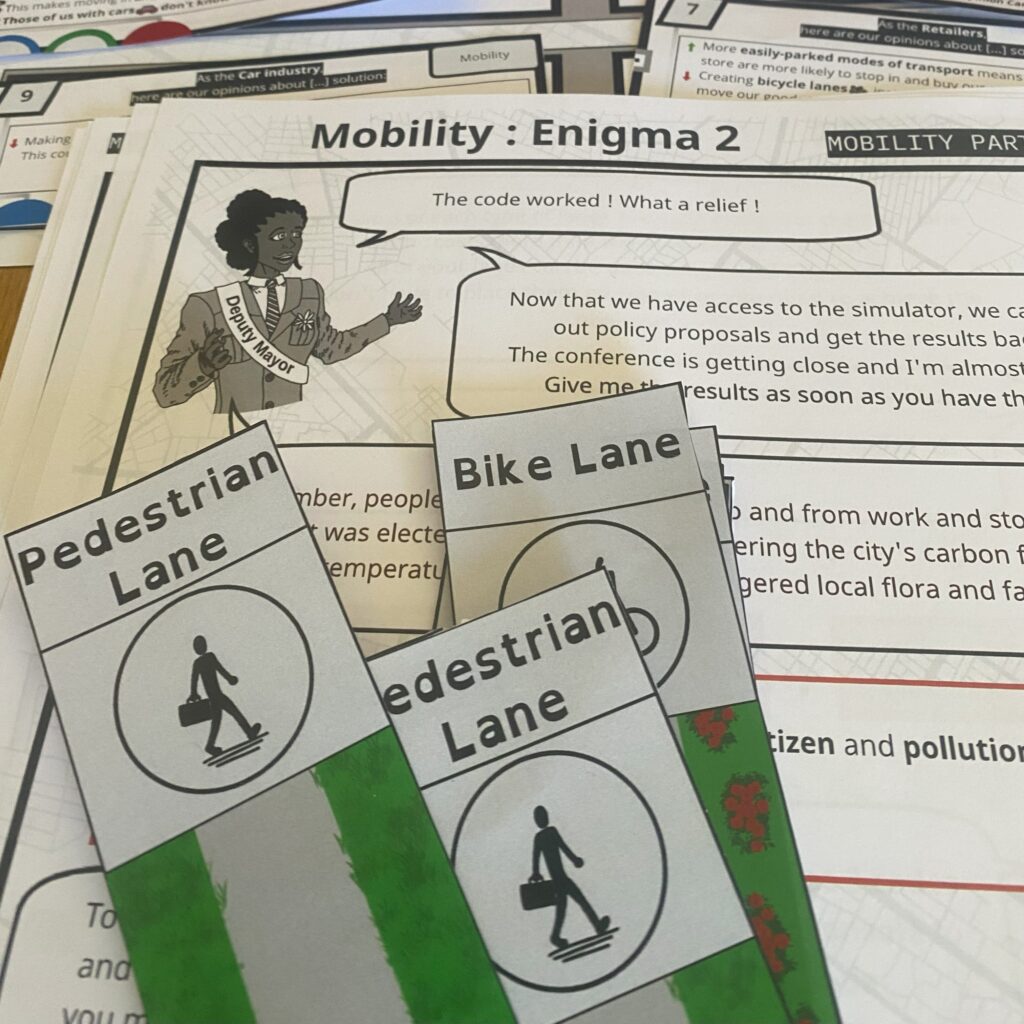
PLAY THE GAMES
Escape Climate Change! Play the two games, physical or digital! In class or at home or anywhere else … they are available for free and in five languages!
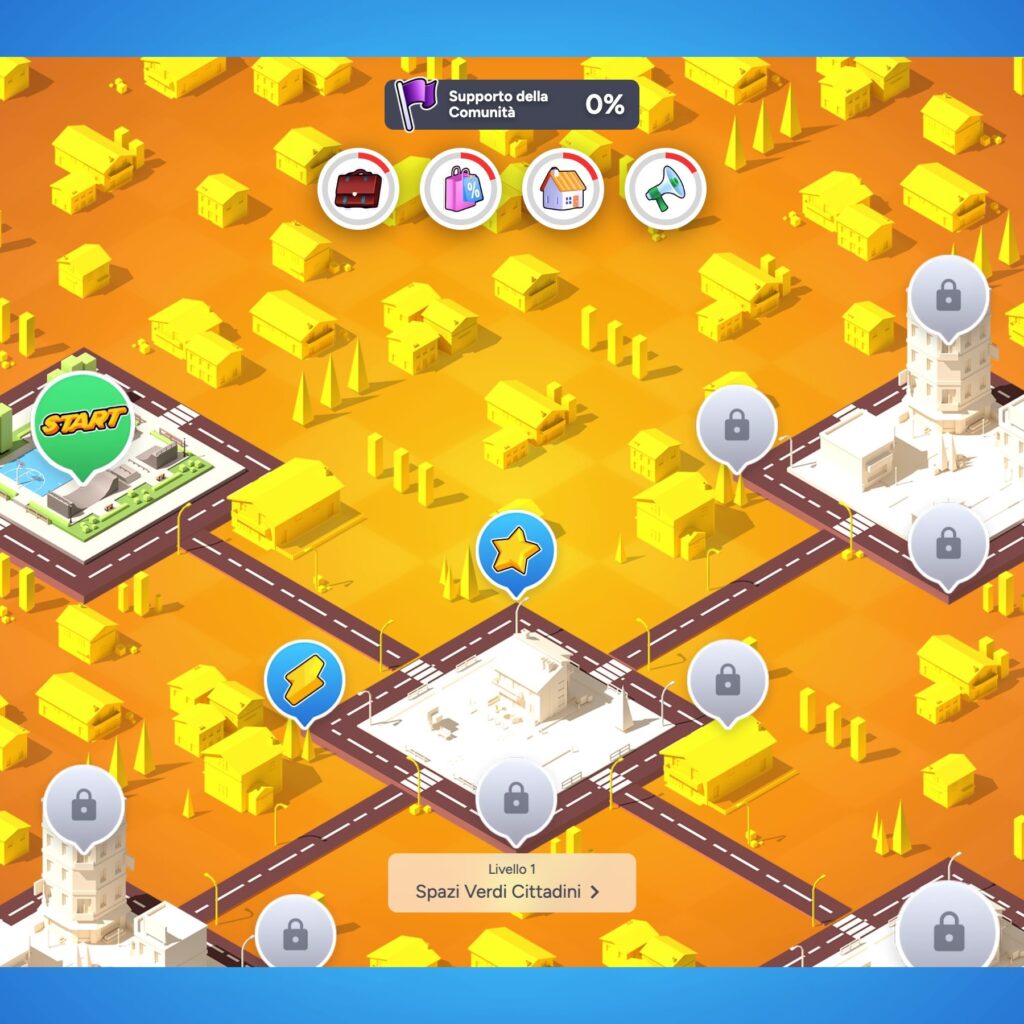

Escape Climate Change! Play the two games, physical or digital! In class or at home or anywhere else … they are available for free and in five languages!

The last decade shows an increasing mobilisation for climate issues through demonstrations, especially among young people. School and climate marches illustrate this commitment of the young generation for what is considered as one of the greatest challenges, humanity has ever faced.
A Eurobarometer survey confirms the general feeling of “increased climate awareness and political engagement among Europeans aged 15-30”. Furthermore, the survey reveals that students “believe that climate change, the environment and green behaviour should receive more attention in schools”.


This demand has been heard, and climate change is slowly making its way into the European school curricula. However, it is not enough to understand the stakes involved. Climate change is a very complex subject in which the natural and social sciences are closely intertwined. It is also legitimate to ask how we could relate these issues in a concrete political context and involve students as active agents of social transformation. This vision calls for new forms of learning adapted to deal with complex issues.
In this context, the European Erasmus+ project Escape Climate Change Initiative (ECCI) aims to raise awareness and encourage action among pupils, teachers, student teachers and administrative staff through an innovative pedagogical initiative based on an escape game. The aim is to facilitate the cooperation of the participants to co-create real concrete solutions to the problems identified. Following this structure, the aim is to ensure awareness of climate change among students and teachers, as well as to facilitate the understanding of the causes and effects of climate change as an interconnected system across the whole ECCI project.
This European project will be developed and tested in four countries: Germany, France, Spain and Italy.
ECCI project will especially target pupils, teachers, teacher students, and ANE-staff of secondary schools to support awareness raising among pupils and grow their sense of empowerment while including them in the creation process along this project.

Raise awareness on climate change and the emergency among pupils, teachers and ANE staff of secondary schools. Indirectly, people beyond schools should be reached and sensitized.
Develop an innovative game-based learning approach through an escape game and prove its relevance and its efficiency to reach pedagogical objectives. Pupils should acquire new knowledge and develop essential skills through this experience.
Grow pupils’sense of empowerment by co-designing the initiative, experiencing the game, and defining an action plan they can widely share with other pupils from different schools also from other European countries.
Develop and test a hybrid and flexible method to provide schools with a turnkey initiative either remote or physical.
Involve teachers, ANE staff and teacher students in co-designing the initiative from scratch to better fit their expectations.
This project will last 36 months from the 1st of January 2022 to the 31st of December 2024 to implement the 7 project results (PR) and will follow the development and test of the 5 different phases of ECCI, constituting the ECCI toolkit: preparation of the teachers, of the pupils, game phase, debriefing phase, and action and share phase. Two main tests will constitute essential milestones of the project.
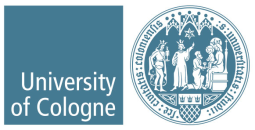

University of Cologne (UoC)
The project is led by Prof. Dr Alexandra Budke from the Institute for Geographical Education at the University of Cologne in Germany. The Institute has a lot of experience in the development of teaching materials for geography lessons, in competence modelling and evaluation of teaching projects. Through previous projects, extensive experience has already been gained in the analysis of digital commercial games on climate change and the derivation of guidelines for game development. Further research foci of the institute concern the development of key competences of students and teachers in the areas of negotiation, argumentation, critical thinking as well as the inclusion of new media in geography lessons.
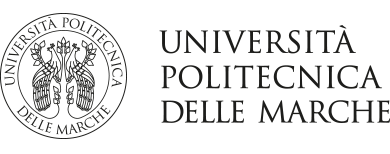
Università Politecnica delle Marche (UNIVPM) has the educational purpose as a must. The main motivation for this project comes as to fulfil the gaps that nowadays exist in the field of digital knowledge. In fact, UNIVPM has participated as both coordinator and partner in many Erasmus+ projects and has a strong experience on the development of eLearning platform and designing training courses and digital path to support digital education.

Association for the Low Carbon Transition (ABC)
At the heart of the fight against climate change since 2011 with the Bilan Carbone® method, ABC raises awareness, trains, federates and gives concrete means of action to organisations and citizens to succeed in their low-carbon transition. Through its activities and previous projects, ABC is experienced in defining and developing technical materials on the challenges of climate change, including those adapted to secondary school students.
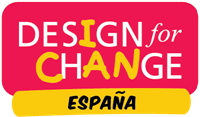
Design for Change Spain (DFC Spain) proposes a competency-based educational approach that will complement Melazeta and Bio Sentinelle previous experience. DFC proposes a pedagogical framework in 5 steps to empower pupils and teachers and give them the tools to act, that will be adapted to the project objectives. Since 2020, DFC is participating in an Erasmus+ project that adapts the DFC methodology on climate change but has never been in a game-based initiative.

Melazeta (MZT) has a strong experience on game design and development of self-supportive games with interesting focus on inclusion and diversity but has never developed a digital game combined with hybrid and flexible modules, and an overall initiative with both digital and physical games addressing better the pupils’ and teachers’ needs.

rev(e) studio (formerly Bio Sentinelle) has both experience on escape game/escape room design and development and on game-based learning approach but has never been part of a collaborative project combining different expertise and benefited from European partnership. But the project goes far beyond the game development and test, with several phases before and after the game that will compose ECCI and that implies to bring together several experience and expertise.